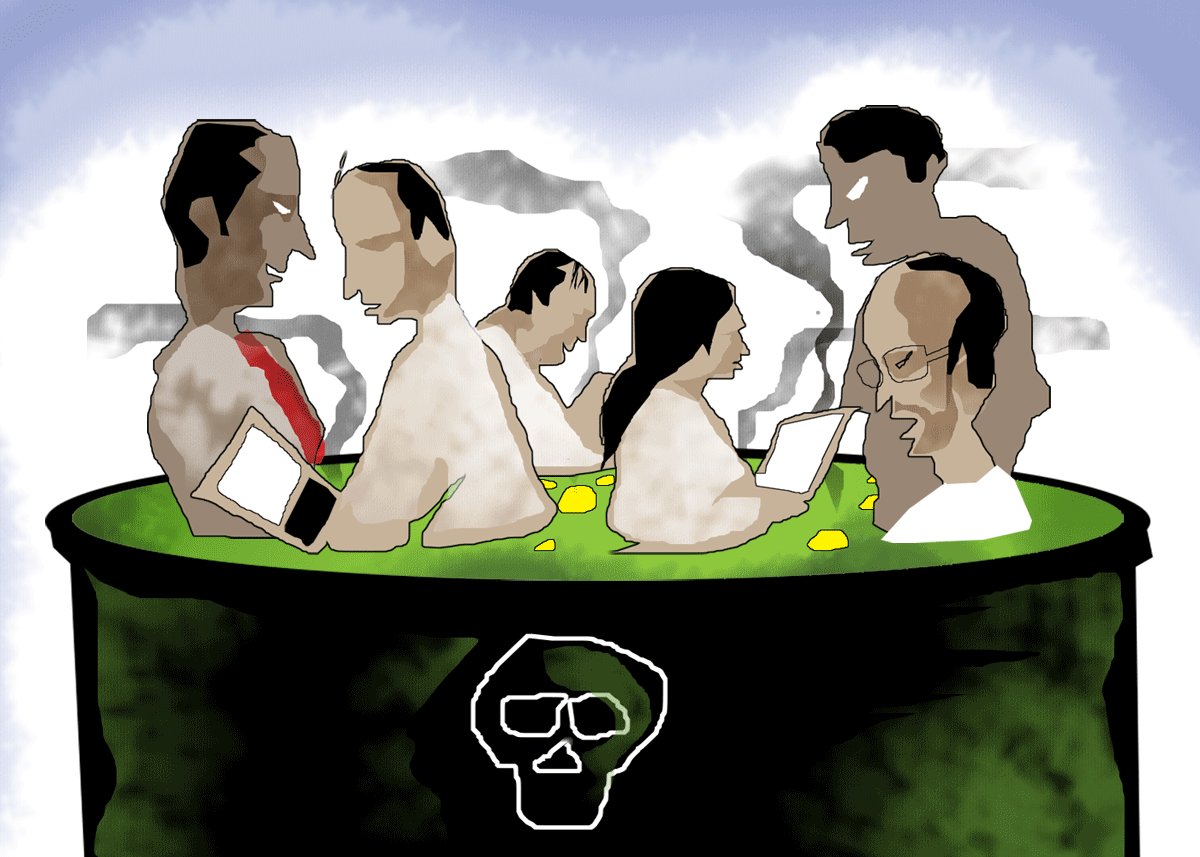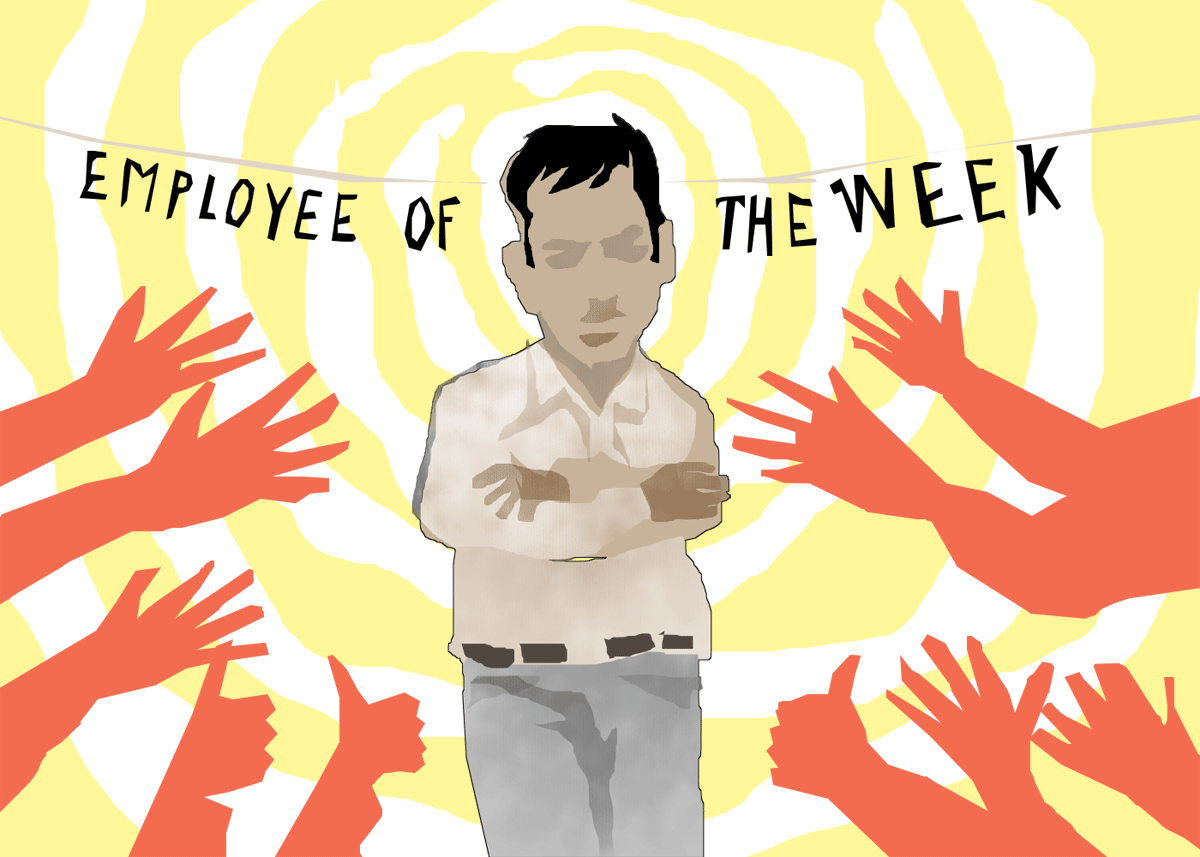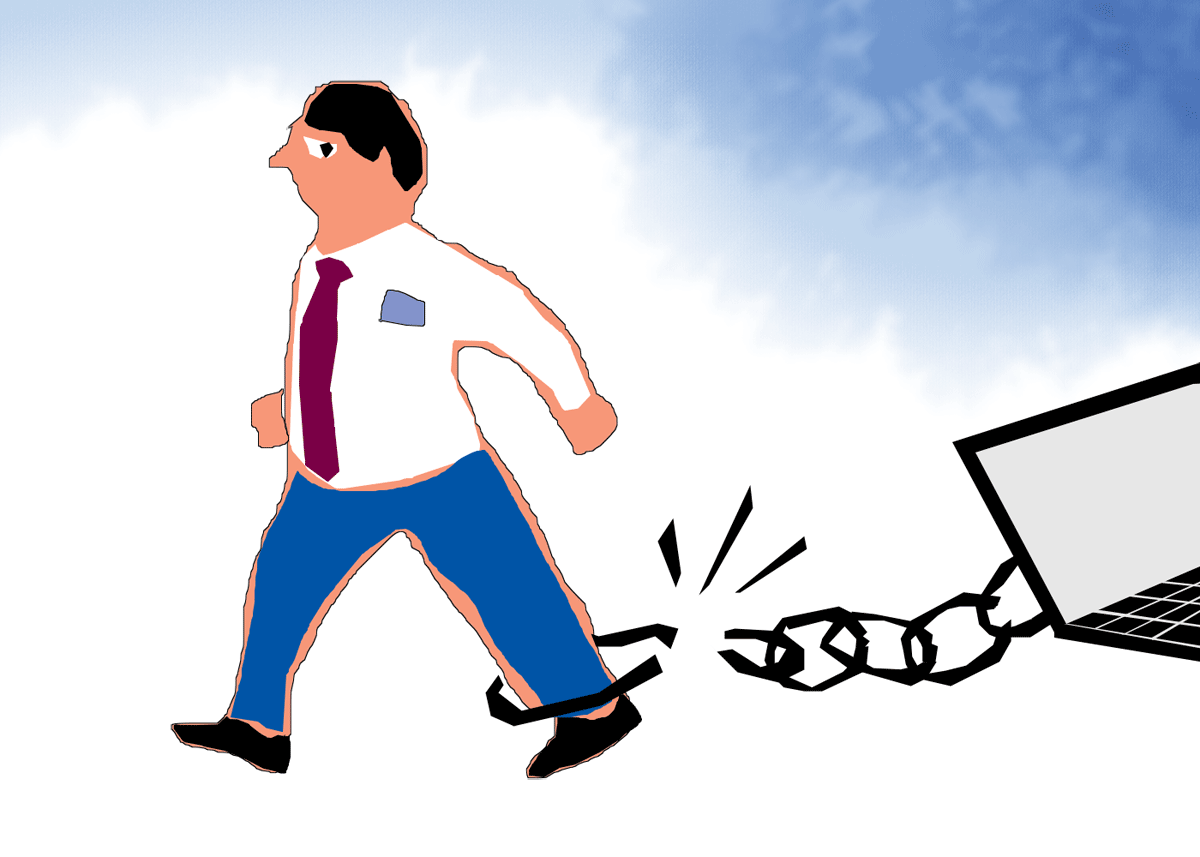 | « Back to article | Print this article |
'Don't get stressed if you are not able to do your work.'
'If you feel you do not have the skill or capacity to do some work, accept it.'

Has the Indian workplace become so toxic for some employees that they fall into depression, and some are even driven to ending their lives?
What should young people do to overcome mental health issues resulting out of overwork?
Dr Lakshmi Vijayakumar, the well known psychiatrist, and founder of Sneha (external link), a suicide prevention centre answers some of these questions.
"Before the concept of WFH came into being, you had specific time to work. Once you come back home, work stopped, and you did many other things. Now, you work all the time. There are calls, there are meetings and there are questions throughout your waking period. You are not entirely devoid of work at any time." Dr Lakshmi Vijayakumar tells Rediff.com's Shobha Warrier.
Do you see any change in the approach of young people to work and work-related problems in the last two or three decades?
Definitely, there are a lot of changes, and we have to look at it from the changes in the environmental factors.
One major change that has happened is in the way you work. With the advent of the Internet and the possibility of working from home, the concept of work itself has changed.
In the last 15 years or so, rather than going to work, work comes to you. You started working from wherever you are.
This has its pluses and minuses.
Before the concept of WFH came into being, you had specific time to work. Once you come back home, work stopped, and you did many other things.
Now, you work all the time. There are calls, there are meetings and there are questions throughout your waking period. You are not entirely devoid of work at any time.
So, the clear demarcation time between work and non-work, or what is work time and what is personal time has blurred.
This has created a lot of difficulties in the lives of an entire generation in the last two decades.
As human beings, we need some kind of an order in life. But when work-time becomes unpredictable, it results in anxiety and stress.
I have also noticed that this generation is used to getting everything instantly. But in relationships and career, you will not get success instantly; you may encounter failures also. So, you require time, patience and tolerance in both relationships and career.
Unfortunately, this generation cannot handle failures. You cannot blame them also as they are used to getting everything instantly. Their brain is trained that way.
Another major change that has happened particularly in India is the change in the family structure.
Families have become more and more nuclear. From the family-driven culture, we have moved on to an individual-driven culture like the Western countries.
Attitude to jobs itself has changed. If the earlier generation stayed in one job till their retirement, today's generation cannot stick to one job for even five years.
If working in one firm for 10 to 15 years was a positive once, it is not so today.

It is said that the work atmosphere in India has become toxic. By talking to your young patients, did you get the feeling that they find work atmosphere toxic?
Is that the reason why they are stressed and susceptible to mental health issues?
Toxic is a very strong word.
When you say toxic, we have to ask, is the workplace stressful?
If you look at the NCRB (National Crime Records Bureau) statistics on suicides, the maximum number of suicides are committed by daily wage earners which is 45,000 in the year 2022.
After that comes the housewives and the number is almost 25,000.
If you look at the statistics of employed people, you find that the number of suicides is less among those who work in the government and public sector undertakings compared to those who work in the private sector.
Out of say, 16,000 people who committed suicide, around 11,000 worked in the private sector.
Yes, pressure in the private sector workplace is a telling effect on the lives of people.
You describe the work atmosphere as toxic when you have problematic managers, insensitive management, harassment from colleagues, extreme demand and long hours of work, lack of autonomy or huge responsibility, office politics and even sexual exploitation.
But the word toxicity is mostly used when you have problematic managers and colleagues, and extreme demand from work.
An ILO report says that Indians below the age of 30 work 58 hours a week. Is it sustainable for a human being?
It is not. That's why most of the youngsters say they want to retire by 50!

Why is it that Indians are overworked more?
Japan went through this phase of overwork. Korea was like this once. Now, we are going through this.
Any country that goes into sudden development path, experiences this kind of work culture.
In the IT industry, you see not just long working hours, but unnatural working hours too. It happens when they have to report to somebody in the US or the UK.
In fact, the IT service sector especially the call centres have damaged the health of so many young Indians.
Not just unnatural working hours, unnatural eating habits and unnatural pressures, they even experience a dichotomy in their lives.
For example, a person working in a call centre speaks in an American accent as Jane or Alice about the floods in Florida.
When she comes back to her home in West Mambalam (an area in Chennai), her mother asks her to put kolam (rangoli) in front of the house which she refuses.
She finds it difficult to move from Sumathy from Jane in a matter of a few hours.
This is the dichotomy she experiences in her existence.

Do you think it is the glorification of overwork that is resulting in heart attacks and mental breakdowns at a young age?
Yes. There are three reasons. The fast pace of life they lead, the change in dietary and sleeping habits and continuous stress they experience at workplace.
That's why we see those who work in the IT sector develop hypertension, heart disease, cholesterol and diabetes in their 30s itself which otherwise appear only in the 50s and 60s.
We see that they are aging faster. Though the environmental factors have changed enormously that the circadian rhythm is lost but the human system has not changed accordingly.
It is because they have lost the circadian rhythm that they develop all these health problems.
What is your advice to young professionals who experience physical and mental problems due to overwork?
I will tell them,
Feature Presentation: Rajesh Alva/Rediff.com